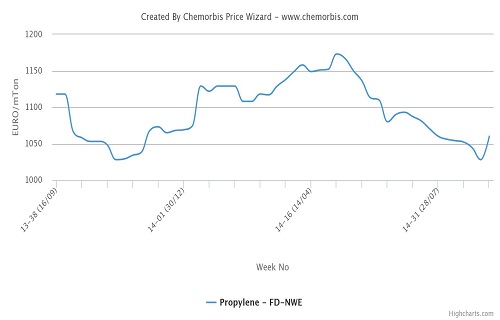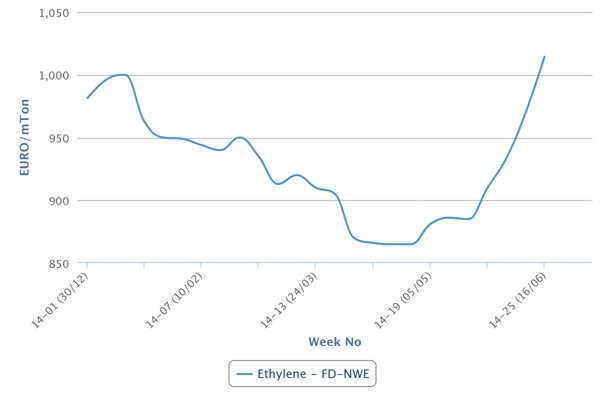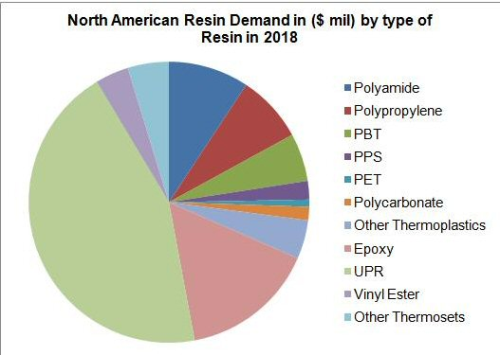 Oil prices ended lower today after the US Federal Reserve said the economic outlook remained grim, which overshadowed an nexpectedly
Oil prices ended lower today after the US Federal Reserve said the economic outlook remained grim, which overshadowed an nexpectedly
steep drop in crude supplies in the world’s top oil consumer.
Brent for November delivery fell 18 cents a barrel to settle at $US110.36, after topping $US112 earlier. US crude settled $US1.00 lower at $US85.92 a barrel after rising as high as $US87.99.
Oil prices had risen in earlier trade after government data showed US crude inventories last week dropped 7.3 million barrels, the biggest one-week drop since December, suggesting supplies were tighter than expected.
But the market turned bearish after the Fed said it would extend the maturity of its treasury holdings but didn’t unveil more aggressive measures to boost a US economy it said faces “significant downside risks”.
The Fed plans to extend the maturity of its treasuries, buying $US400 billion in long-term notes, while selling an equal amount of bonds maturing in three years or less by mid-2012, the central bank’s market committee said.
The Fed said it discussed a variety of other “policy tools” it could use to promote stronger economic growth, but its statement stopped short of announcing any more measures.
Previous efforts by the Fed to stimulate a flagging US economy have resulted in more buying of risk assets including commodities and equities, but some analysts said the Fed’s latest plans aren’t aggressive enough to warrant that.
“In lieu of a third round of quantitative easing, which could have boosted confidence …. the Fed implemented “Operation Twist,” said Jason Schenker of Prestige Economics in Austin, Texas.
“The actual FOMC announcement contained no real stimulus.” US crude trading volumes, which have been weak in recent days, were again outpaced by Brent.
Brent traded more than 560,000 contracts in late Wednesday activity, about 11% over the 30-day moving average. US volumes were just over 480,000, down nearly 30% from that average.
After the statement, major US stock indexes fell further and the US dollar trimmed losses against the euro. “The dollar gained and that caused oil to slip. The market took it as bearish for oil. The language used to discuss the economy was not encouraging,” said Chris Dillman, analyst at Tradition Energy in Connecticut.
Source : tvnz.co.nz








